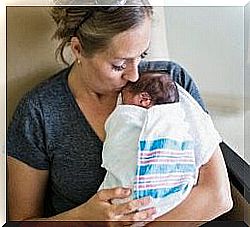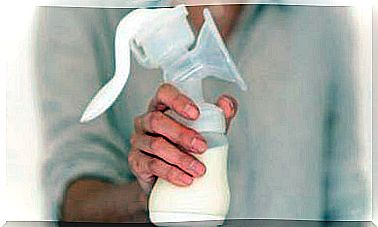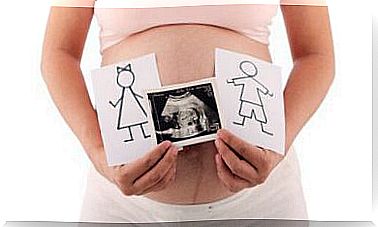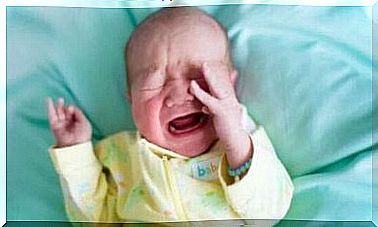What Parents Need To Know About The Coronavirus
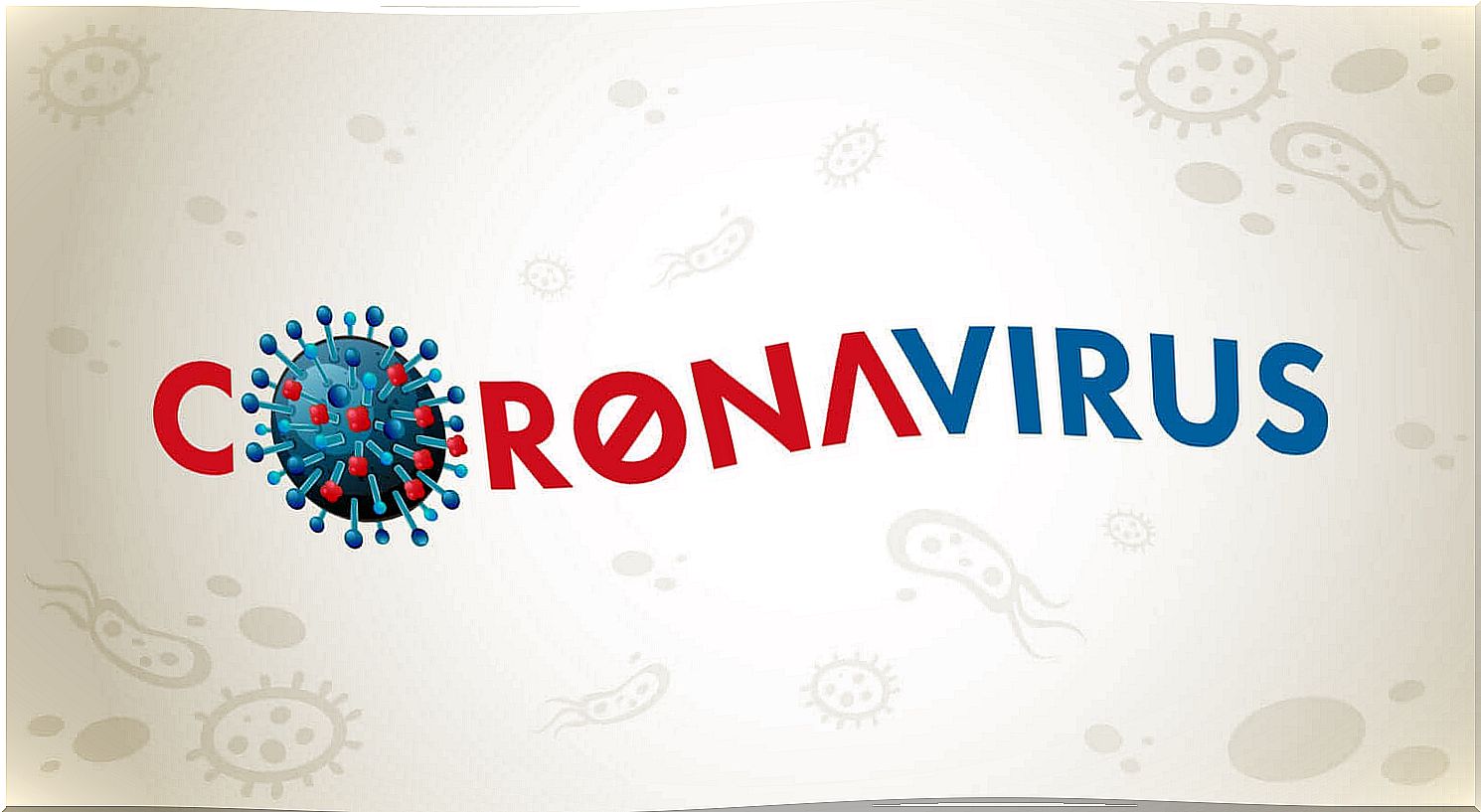
Today practically the whole world is on alert about the novel coronavirus. Many people are scared and worried. But there is also a lot of misinformation about the situation. In this article, we’ll tell you everything parents need to know about the coronavirus. Especially with regard to children and COVID-19.
What exactly is the coronavirus?
First of all, the most basic thing parents need to know about the coronavirus : This virus belongs to a family of viruses whose origin is still unknown. There are different types within this family.
That said, the novel virus is a new strain of the coronavirus. The different coronaviruses can have different effects: These range from a symptom-free infection to a simple cold to serious illnesses such as pneumonia. But death from respiratory failure can also occur.
The disease caused by this virus was first identified in December 2019 in the Chinese city of Wuhan. The disease is called COVID-19. This virus is relatively easy to spread from person to person. As a result, there has been a rapid spread and a rapid increase in the number of new cases. The novel corona virus has now spread to many countries around the world.
The main route of transmission is via droplets. In other words, via coughing or sneezing, whereby the droplets formed either migrate directly from person to person, or the transmission can also take place indirectly via hands, which then come into contact with the oral or nasal mucosa or the conjunctiva.

What Parents Need To Know About The Coronavirus: How Dangerous Is It?
Although the transmission from person to person is relatively easy and the number of infected people is now very high, the mortality rate according to current information from the WHO is only 3.4%.
And among those affected between the ages of 10 and 49, the mortality rate is only between 0.2% and 0.4%. From the age of 50 it increases to more than 1%. So children seem safe. Because so far none has died of COVID-19.
The highest mortality is recorded in certain risk groups in the population. This includes, for example, old people and those who already suffer from other diseases, as well as people who have a weakened immune system.
What are the symptoms
If you are infected with the coronavirus , you will usually experience symptoms that are very similar to those of ordinary flu. These include the following:
- sniff
- General malaise
- Exhaustion
- Body aches
- Dry cough
- Runny nose
- Fever and chills
- Sore throat and headache
An infected person can also remain symptom-free. But also, as mentioned above, going through a flu-like illness. In the most severe cases, more serious complications can arise. These include pneumonia, or even lung failure.
Treatment and how to prevent infection
There is currently no effective treatment for this type of virus. So the treatment focuses on the symptoms, trying to lower the fever and relieve the pain. The aim is to ensure that the affected patients remain in the best possible general condition.
It is also important to watch out for possible complications. Especially when it comes to the most vulnerable populations.

It is therefore primarily important to avoid person-to-person transmission. The most important thing is proper hygiene. Of course, this must first be the very basic general hygiene. In addition , you have to take special care when it comes to hand hygiene. So it is essential to wash your hands after any contact with an infected person or object.
It is also advisable to avoid contact with people who are already infected. If this really cannot be avoided, it is important to properly cover your eyes, nose and mouth.
What Parents Need To Know About Coronavirus: How Does Coronavirus Affect Children?
It is true that the possibility that children are infected is just as great as with adults. But with them the infection seems to be much milder. Fewer complications have been reported in children and most of them only suffer from the symptoms of a mild cold.
Nevertheless, for example, the Association of Spanish Pediatricians, together with other pediatric institutions, intends to draw up a protocol for the treatment and management of the coronavirus in children.
The most important thing, of course, is to pay attention to any possible suspicion and then to inform the public health authority quickly about such a case. Because in this way you can initiate the appropriate measures and then either confirm the case or determine that the infection has been excluded. This is also important so that in the event of an infection, the appropriate instructions can be given to avoid infection and complications.

